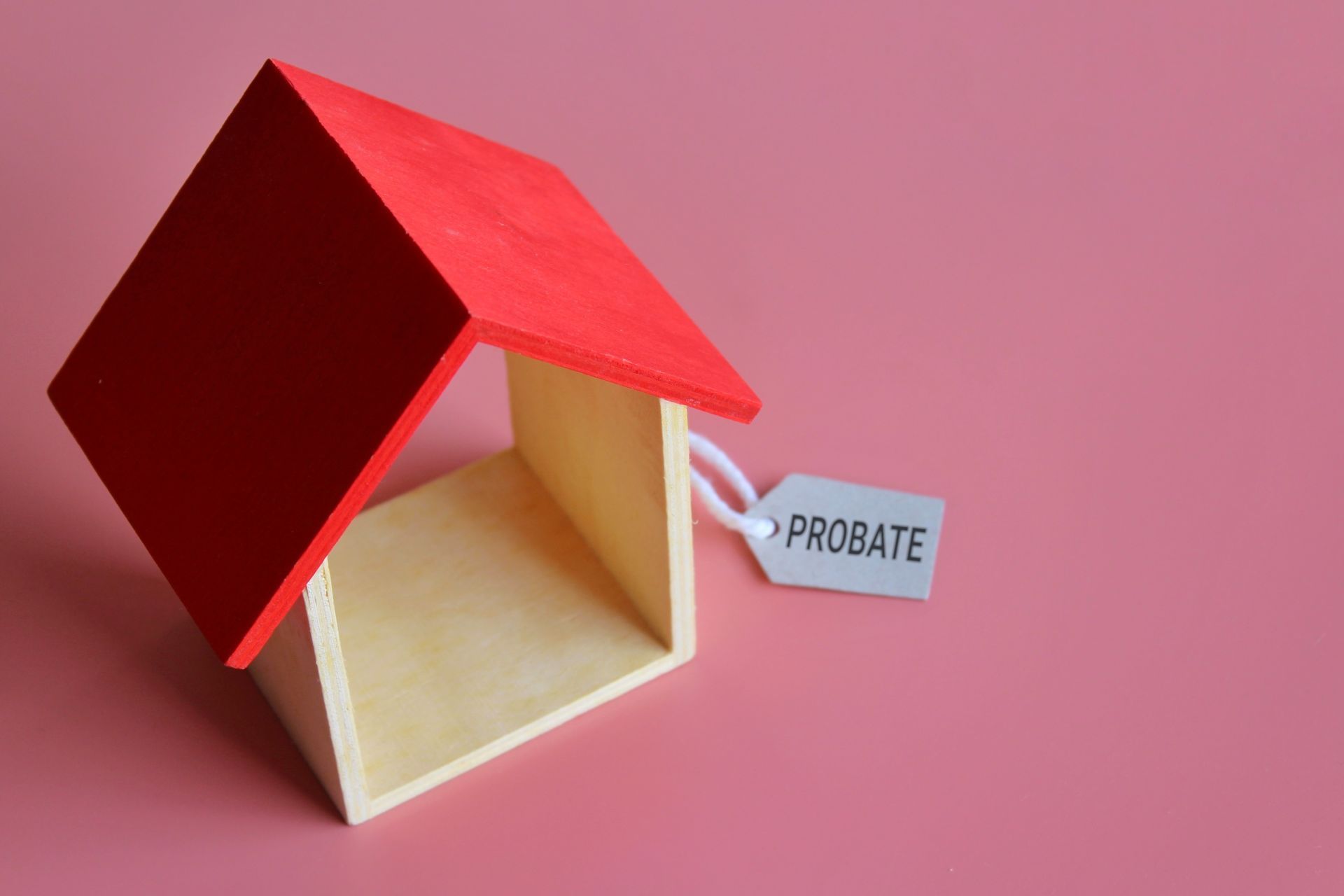Are We Ready for Electronic Wills?
Change can be difficult. It takes time to get used to new ways of thinking, or new ways of doing things. Yet, change is inevitable, particularly when it comes to technology.
In this article, we will discuss the new law in Florida that allows people to create an electronic will. We will cover the basic details of the law, and the debate on whether it is a good idea overall. The law has just taken effect, so there are a lot of unknowns at this point. If, after reading this blog, you would like to get information from an experienced West Palm Beach probate attorney , please call us at Doane & Doane. We are more than happy to assist you in planning for your financial future. Call us at 561-656-0200 .
Adapting to Technological Change Takes Time
Remember when the first iPhone came out? It took a long time for everyone to adapt to a world in which we carried around a computer in our pockets, every function was reduced to an app, and we could communicate with short text messages rather than by calling someone on the phone. Now, about 13 years since the iPhone came onto the market, we can barely remember what life was like before texting, and before being able to look up any fact in the world within moments.
In the legal industry, technological change takes even longer to come to fruition. It is not clear whether there is more of an attachment to history in the legal field than in other industries, or if lawyers as a population are particularly loathe to change, but technological change hits much greater headwinds when implemented in the legal community.
That is why the notion of electronic wills will most likely take a very long time to be accepted by the majority of the country. Yet, the concept is soon headed for primetime. Four states have adopted some form of legislation that permits electronic wills, and other states are beginning to contemplate similar legislation.
A Big Change in Florida Law
One of the four states in the country that has enacted legislation on electronic wills in Florida. Indeed, having just taken effect on January 1, 2020, the Sunshine State has put into place a law that legally allows adult Florida residents to execute an electronic last will and testament to dispose of their property when they pass away.
Interestingly, a prior attempt to pass the same type of law failed in 2017, because then-Governor Rick Scott vetoed the bill. However, a new and improved version of the bill was enacted in the fall of 2019.
Why is this a big change in Florida law? The electronic will law is the state’s first move away from its strict compliance with the will-execution formalities that were developed as far back as two centuries ago in England.
Until the passage of the new law, the slightest mistake in the will execution process, no matter how insignificant, was grounds to find a will invalid.
Thus, Florida’s embrace of a relatively new, untested form of will execution – electronically – represents a significant departure from prior practice.
Why Have Electronic Wills?
The new law is meant to make it easier for people who otherwise would not get a lawyer to draft and execute a will. That is because there are a lot of people who die without a will, which generally complicates the distribution of the deceased’s assets.
Indeed, most people recognize that a will is important to have. Yet, less than half of the population actually has a will. Accordingly, the electronic will legislation has less to do with technology and more to do with making the creation of wills easy and affordable for the average person. Given that many consumers are comfortable using other services through electronic means (shopping on Amazon is a good example), it naturally follows that online tools to create a last will and testament make a great deal of sense.
What Does the Law on Electronic Wills Require?
The electronic-will law allows the signing of wills, and some other particular types of estate planning documents, entirely online. To do so, the process requires:
1. Remote notarization;
2. Notaries who are trained in the electronic execution of electronic wills;
3. Witnesses to appear via certain approved video chat services; and
4. Qualified and state-approved custodians to oversee the storage of the electronic will until the person who created the will dies.
The Electronic Will Debate
As with many changes in the law, there are those who believe the law is a welcomed change and others who have concerns. One such concern is whether it is possible to have electronic wills when technology changes so frequently. It is easy to envision a situation in which a person creates a will, it is stored electronically with the government as laid out in the statute, but by the time the person passes away years later, the technology may have progressed so far that it will no longer be possible to access the electronic will.
Another concern has to do with vulnerable adults, like the elderly. Florida law has protections or particularly vulnerable adults. Yet, some are still concerned that the electronic and remote notarization processes are not strong enough to secure against unscrupulous individuals.
Conclusion
In short, it appears that there will be no rush to electronic wills. That is because there is a level of capital investment and data-storage infrastructure that law firms currently do not have. Thus, while electronic wills are going to be an ever-increasing topic of conversation for Palm Beach probate attorneys , there is still time to get comfortable with this particular change in technology.
Let the Palm Beach Probate Attorneys at Doane & Doane Help You Understand Your Options
At Doane & Doane, we have the resources and experience to help you understand all aspects of a last will and testament, and the probate process in general. Doane & Doane’s Palm Beach probate attorneys can help you plan for your and your family’s future.
If you think it is now time to get started on your own estate plan, or want to learn more about electronic wills, give us a call at 561-656-0200.
Disclaimer: The information on this website and blog is for general informational purposes only and is not professional advice. We make no guarantees of accuracy or completeness. We disclaim all liability for errors, omissions, or reliance on this content. Always consult a qualified professional for specific guidance.
RECENT POSTS






